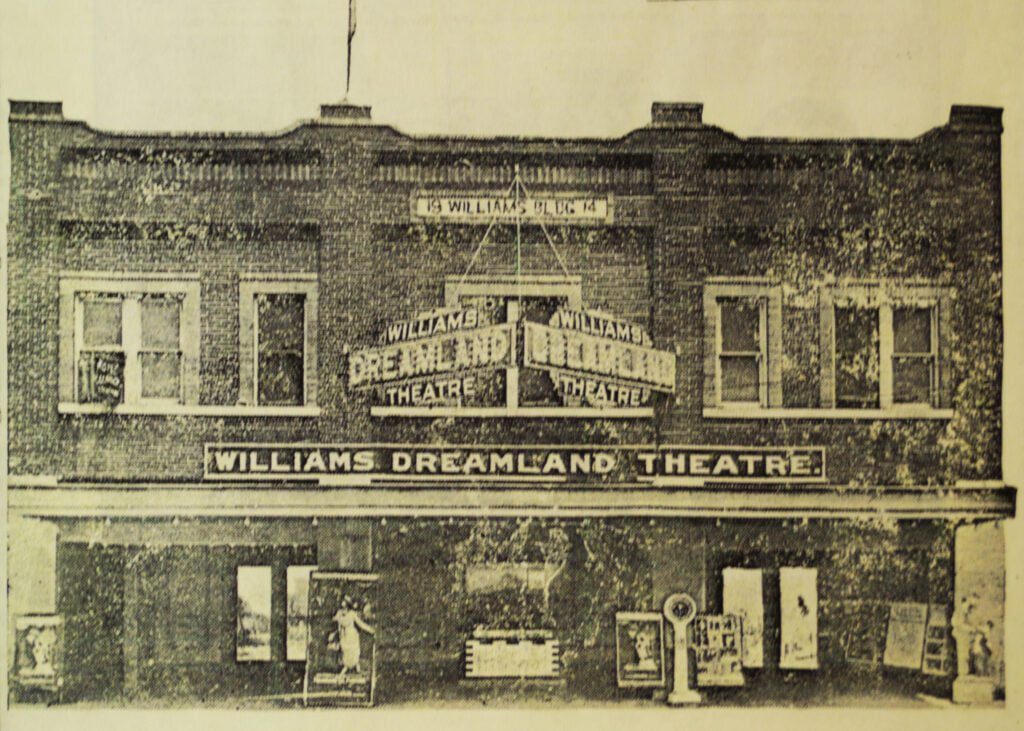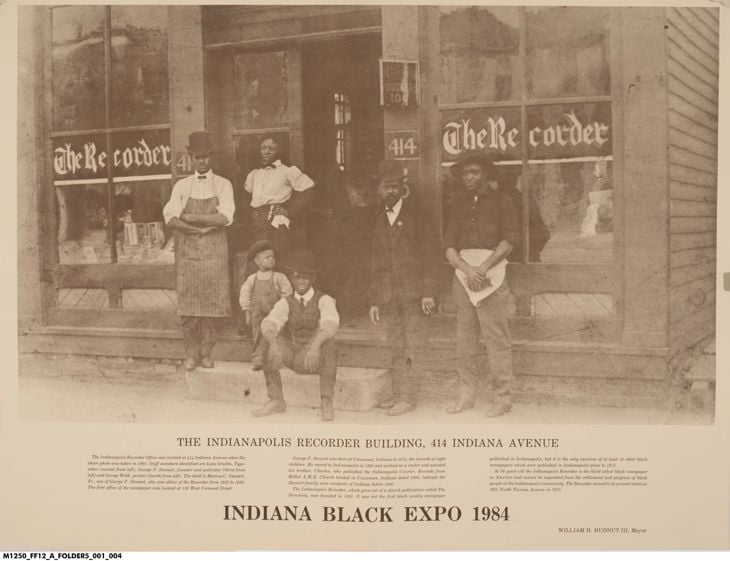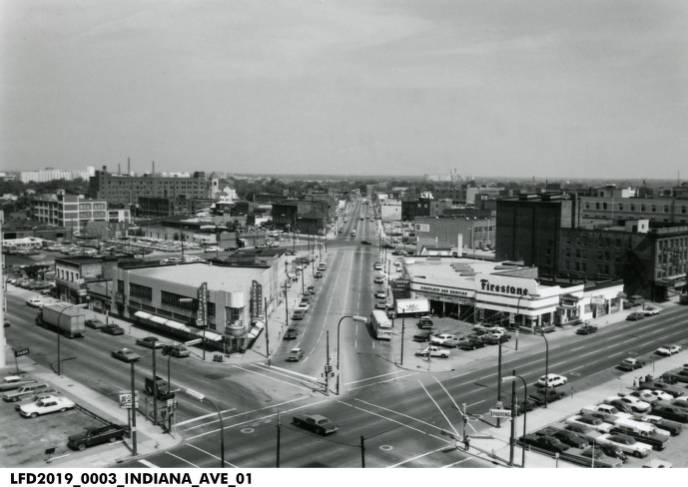Despite Black Americans comprising around 10% of Indiana’s population, only 3% of businesses in the state are Black-owned. Did Black business fall from grace or was our economy snatched from under us before we even had a chance?
The disparity in Black businesses in Indiana, as well as the country at large, is a result of systemic racism and discrimination that has historically prevented Black entrepreneurs from accessing the same resources and opportunities as their white counterparts. The racially motivated massacre in Tulsa, Oklahoma, is a notable event that set Black businesses back tenfold.
In 1921, Tulsa was home to one of the most prosperous Black communities in the United States. Known as Greenwood, or “Black Wall Street.” This thriving district was home to Black-owned businesses of all kinds, including banks, restaurants, hotels and retail stores.
On May 31, 1921, a young Black man named Dick Rowland was arrested for allegedly assaulting a white woman. White mobs gathered outside the courthouse where Rowland was being held and chaos erupted. Over the next two days, white mobs armed with weapons and torches revolted through Greenwood, destroying homes and businesses and killing hundreds of Black residents.

The Tulsa Race Massacre was one of the worst incidents of racial violence in American history. It is estimated that between 50 and 300 Black residents were killed and thousands more were displaced. Greenwood was burned to the ground, and the Black community of Tulsa never fully recovered.
The Tulsa Race Massacre had a devastating impact on Black businesses in the U.S. The destruction of Greenwood, a thriving Black economic hub, set the progress of Black entrepreneurs back decades.
In addition to the physical destruction of Black businesses, the Tulsa Race Massacre also created a climate of fear and intimidation for Black entrepreneurs and Black-owned businesses. Many Black people were afraid to start or invest in businesses, knowing that they could be destroyed by white mobs.

Indiana Avenue in Indianapolis, Indiana, was also once known as “Black Wall Street.” It was a thriving center of Black business and culture in the early 20th century. The first Black-owned businesses on Indiana Avenue opened in the 1860s, and by the 1920s, the avenue was home to a wide range of Black-owned businesses.
In the 1950s, Indiana University began to expand its medical campus, acquiring land and displacing residents near and on Indiana Avenue through eminent domain. The city also declared a large portion of the neighborhood to be blighted and substandard, which allowed the government to seize the land and demolish the buildings. The construction of Interstate 65 also displaced many Black residents and businesses. As a result of these factors, the once-thriving Black business district on Indiana Avenue was decimated.

And the rest, as they say, was history. Black-owned businesses never truly recovered from attacks on their economy like the Black Wall Street massacre. As a result, Black-owned businesses today are often underfunded, understaffed and struggle to compete with larger companies.
However, there are some positive developments for minority-owned businesses in Indiana. Recently, initiatives jumpstarted by Black Business Matters, the Indianapolis Minority Business Magazine and the Indiana Black Expo (IBE) have proved fruitful in providing resources, education and visibility for Black entrepreneurs and businesses in Indiana.
Currently, there are approximately 915 Black businesses in the Indianapolis metropolitan area (including Carmel and Anderson). According to the Brookings Institute, Black businesses in the Indianapolis metropolitan area pay their employees an average salary of $30,795. The research also suggests that if the number of Black businesses in the Indianapolis metro area matched the population size and the employees per company matched the average business, it would generate more than 170,000 new jobs.

Many consumers are actively seeking out and supporting Black-owned businesses in Indianapolis, recognizing the importance of encouraging diversity and equity in the economy. By supporting Black-owned businesses, we can help to level the playing field and create a more just and equitable society for all.
It is important to recognize that supporting Black-owned businesses is not a matter of charity, but a matter of economic justice. By empowering Black entrepreneurs, we can create a more vibrant and inclusive economy that benefits everyone.
Contact multi-media staff writer Noral Parham III at 317-762-7846. Follow him on Twitter @3Noral. For more news courtesy of the Indianapolis Recorder, click here. You can also check out the Indiana Minority Business Magazine by clicking here.
Noral Parham is the multi-media & senior sports reporter for the Indianapolis Recorder, one of the oldest Black publications in the country. Parham has worked with various leagues to provide a diverse perspective in sports, including the Big Ten, Big East, IHSAA, IndyCar, MLB, NHRA, NFL, NBA, WNBA, WWE and the Olympics. Prior to joining the Recorder, Parham served as the community advocate of the MLK Center in Indianapolis and senior copywriter for an e-commerce and marketing firm in Denver.







